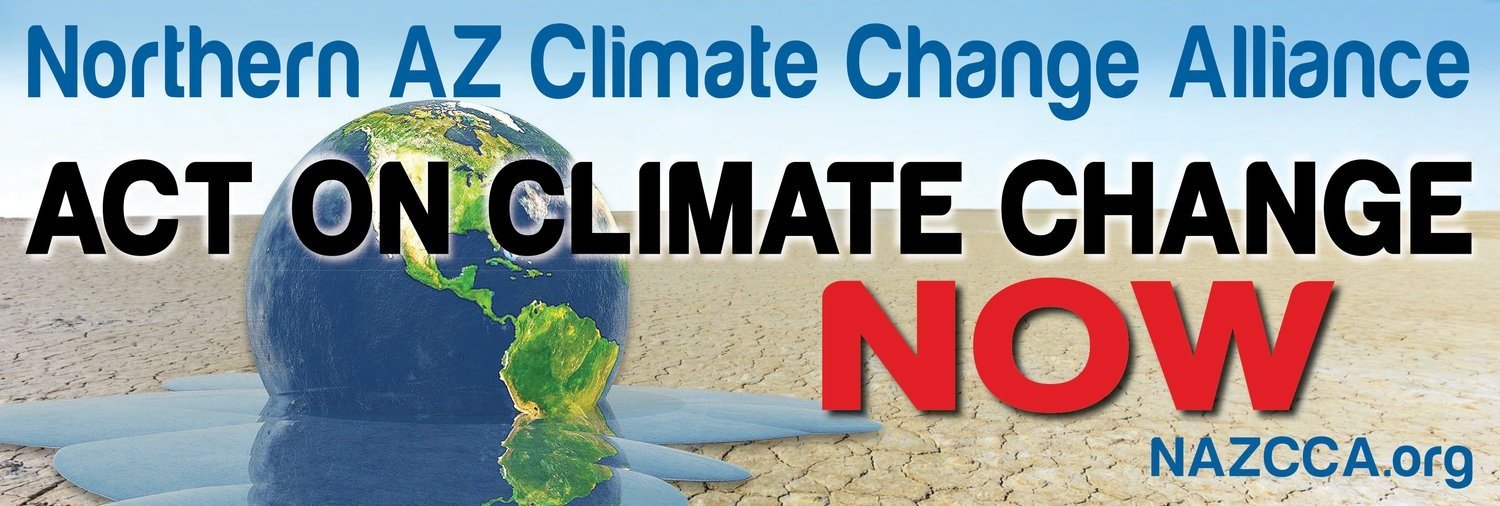Climate change is already causing living things to move, adapt, or die. Unfortunately, we don’t know which species are most at risk. We lack natural history information – basic biologies such as movement patterns and adaptations – that would help us make better predictions. So now, the grand challenge is collecting and synthesizing this natural history data for as many species as possible – hopefully in time to save them.
In this final installment of our Science in Conversation webinar series, Dr. Mark Urban makes a case for natural history to inform predictive models and aid scientists on the cutting edge of climate change research.
Mark Urban is an award-winning scientist, the Arden Chair and Professor of ecology and evolutionary biology at the University of Connecticut, founder, and director of the Center of Biological Risk, and global expert on climate change impacts on nature and evolutionary ecology. He founded and currently directs the Center of Biological Risk, the first center devoted to forecasting the complex risks to society mediated by ecosystems. He has authored over 80 scientific articles, appearing in top journals such as Science, Proceedings of the National Academy of Sciences, and Nature Climate Change. He has been cited more than 11,000 times. By integrating ecology, evolution, and genomics, his work has uncovered new principles that routinely challenge existing ideas, including challenging the spatial scale of adaptation, the importance of adaptation in ecology, and highlighting the joint ecological and evolutionary responses to global change.
Science in Conversation is a webinar series that asks scientists to uncover the natural history in their science. Previous webinars in the series can be found here:
To attend, RSVP here to receive the Zoom link!

